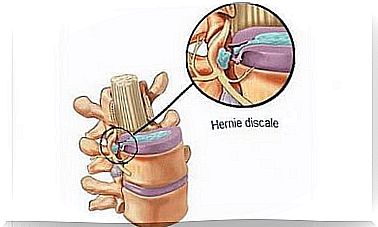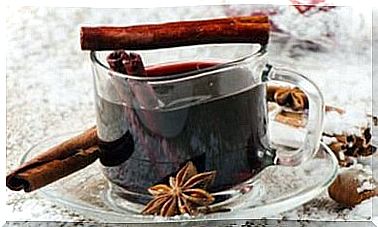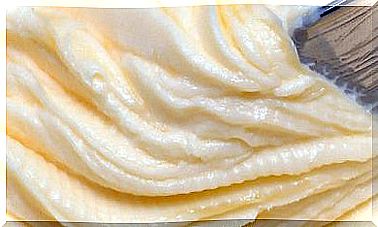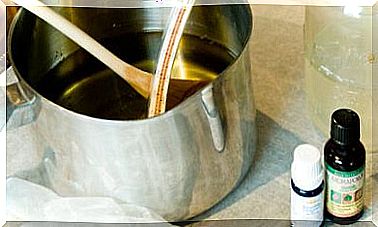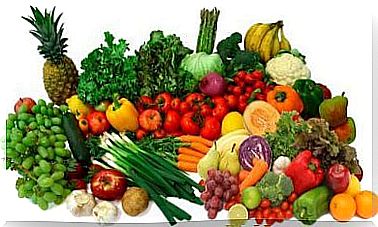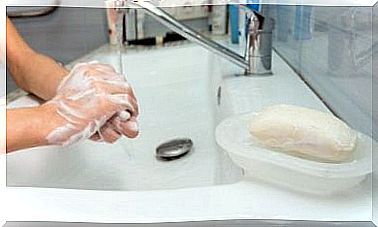10 High Potassium Foods To Add To Your Diet
Potassium is a mineral that helps our body achieve better development and growth, so knowing which foods are rich in this mineral is essential to add them to our diet.
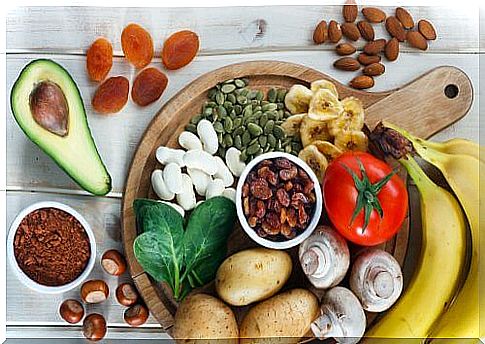
Our bodies need a variety of minerals for healthy food, including potassium. In this article, we present a list of foods rich in potassium that we recommend that you consume as part of a balanced diet.
Indeed, by having a balanced diet, we can obtain various minerals and vitamins in order to have good physical and mental health.
Potassium is a mineral that lodges in the body’s electrolytes and helps it grow.
It also performs other functions such as:
- Regulate blood pressure
- Manage neuromuscular activity
- Maintain electrolyte balance
- Maintain the acid-base balance
- Activate certain enzymes
- Metabolize carbohydrates
- Produce protein
- Prevent disease
Thanks to its properties, it is important to include it in our eating habits.
You may have heard that one of the most famous potassium rich foods is bananas, which is very true, but it is not the only one. Here we will tell you about ten other foods rich in potassium.
1. Carrots
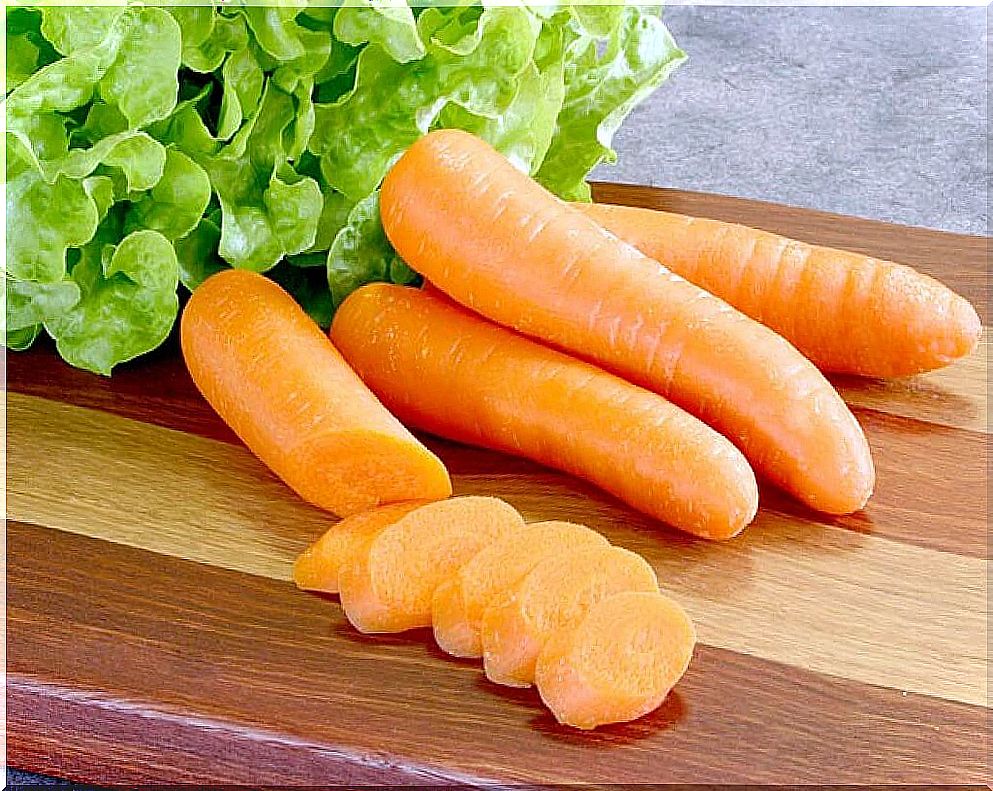
Full of vitamin A, nutrients and antioxidants, carrots are also very high in potassium. For 100 grams of carrot, you can count 321 mg of potassium.
In addition, it is a very versatile vegetable, which we can use for salads, soups, sauces and even desserts.
2. The pumpkin
Another food with a large amount of vitamins and minerals such as potassium is pumpkin. For 100 grams, we will have 190 grams of potassium.
It is an ideal ingredient for different types of soups, stews, broths and cakes. Don’t forget to take advantage of pumpkin season to incorporate it into your meals.
3. The melon
For 100 grams of melon, there is 267 mg of potassium. It is a rich, juicy and very nutritious food.
It also helps the body to rehydrate and can be eaten as a snack or as a garnish for more elaborate dishes.
4. Watermelon
Watermelon is also on our list of foods high in potassium. It is a sweet and very juicy fruit. It contains a lot of water, so it helps hydrate the body.
With just one slice of watermelon, our body receives 320 mg of potassium.
5. The grapes
It is a popular fruit and can be included in almost any recipe, from ingesting it raw to using as an ingredient to decorate desserts.
In the case of raisins, per 100 grams we get 749 mg of potassium. As well as being a great source of this mineral, it also relieves constipation thanks to the fiber it contains.
6. Wheat germ
Potassium is also present in cereals, as is the case with wheat germ, namely 1.09 g per 100 grams.
The downside of wheat germ is that the oils it contains spoil easily, making it rancid and deteriorating its properties. So you need to be careful when storing it.
7. Pistachios
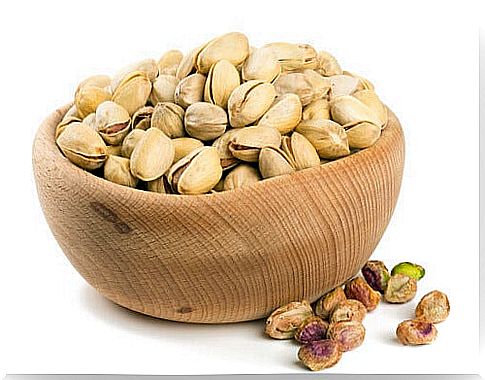
It is a dry, small, salty and delicious fruit that provides us with 1 gram of potassium for 100 grams of pistachios.
Of course, you have to remember that when eating pistachios it is important to have a good amount of water on hand, as its high salt content generates great thirst.
8. Mushrooms
This type of fresh mushroom has an amount of 318 mg of potassium per 100 grams of mushrooms.
In addition to potassium, they also provide a large amount of vitamin B5, which can relieve the effects of migraine and stress.
9. Chicken
Potassium is also found in white meat, such as chicken. Along with other nutrients and vitamins, such as B3, chicken is therefore one of the foods rich in potassium. For 100 grams we find 264 mg of potassium.
Chicken meat, especially white, is soft and tender meat, which can be used in different ways, such as in broths, stews, salads, sandwiches, or as a main course.
10. The blue fish
With 384 mg of potassium per 100 grams, fish is also a rich source of potassium.
It is important not to confuse it with other types of fish, as some contain very little.
Here are a few examples:
- Trout
- Tuna
- Herring
- Carp
- Mackerel
As we can see, potassium is found in a large amount and variety of foods, so keeping it in our diet is not difficult.
Can we get sick from too little or too much potassium?
Although potassium is a key element for our health, it is still not advisable to consume too much of it.
You must therefore find the right amount, avoiding both having too much or not enough.
The consequences of a deficiency of potassium in the blood is a condition called hypokalemia, which can present with symptoms such as:
- Muscular weakness
- Tired
- Cramps
- Decreased reflexes
On the other hand, excess potassium can generate hyperkalemia, a disease that can generate:
- Weakness
- Respiratory problems
- Nausea and vomiting
- Cardiovascular problems
- Neuromuscular problems
It is necessary to take a blood test to find out if you have any of these conditions. If so, you will need to go to the doctor to receive adequate treatment.
